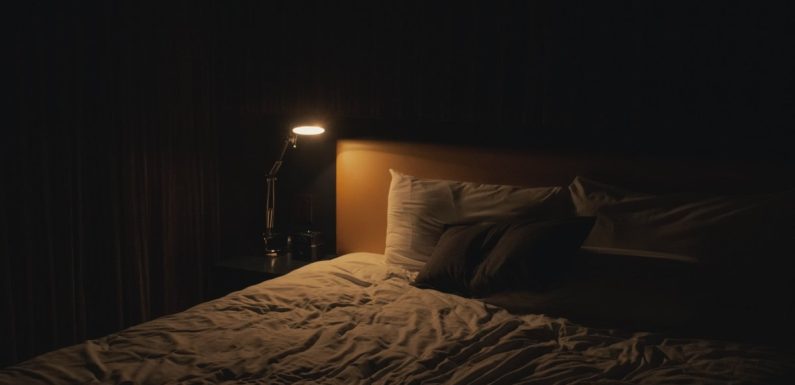
Having a good night’s sleep is essential for your physical and mental health. It’s also just as important as regular exercise and a healthy balanced diet. When you have a poor sleep routine or a bad night’s sleep, it has negative effects on hormones, performance, and brain function. If you persist to have bad nights’ sleep, it could result in you gaining weight due to eating for energy and increase the risk of certain diseases. If you have enough sleep, you won’t eat too much, you will be healthier and you will certainly have better performance. In this article, we will go through some proven tips for a better night’s sleep.
Increase your exposure to bright light throughout the day
Your body naturally has a clock which is commonly known as your circadian rhythm. This rhythm tells you when to wake up and also when you should go to sleep as it affects your hormones, body, and brain all at the same time.
Natural sunlight is one way that helps your circadian rhythm to stay healthy, and through the winter, this may be harder to get, so having exposure to bright light can also help with this. Having enough light throughout the day improves your daily energy levels and improves your sleep quality at night.
Reduce your blue light exposure in the evening
Blue light is well known to keep your eyes engaged. Light during the day is great for helping your circadian rhythm, but when you have too much light in the evening this can keep you up as it tricks the brain into thinking that it is still daytime. Melatonin is the hormone in the body that helps you to relax and feel sleepy, when you are submitted to blue light, it reduces this hormone and keeps you feeling awake for longer.
This means that your mobiles, televisions and other screen devices help to keep you awake. Some options to help this is wearing blue light-blocking glasses, downloading apps to remove blue light from your screens and turning off your devices and reducing the brightness of the light 2 hours before you go to bed.
Don’t consume caffeine after 4 o clock
Most adults consume caffeine as it has many health benefits. It increases your performance, energy and focus. If you have too much or have it later in the afternoon, this can have negative effects on your sleep routine as it helps to stimulate your nervous system.
If you have caffeine 6 hours before you go to sleep, you are more likely to have a restless night’s sleep, but it can actually stay in your body for over 8 hours, so it is inadvisable to have any caffeine before you go to bed. If you need coffee, have decaffeinated as this has no caffeine in it.
Aim to go to bed and wake up at consistent times
The circadian rhythm aligns itself with the sunrise and sunset, so being consistent with your sleep and wake times can help you to have a restful sleep and helps to keep this up. There have been many studies that show that people who have irregular sleep patterns and go to bed late on the weekends are far more likely to have poor sleep.
It is also known that if you have an irregular sleep pattern, it can alter your circadian rhythm which in turn makes you less tired when you go to bed, but also makes you much more tired when you wake up as you are more likely to wake up in the middle of your sleep cycle. By doing this for over three months, you will find that your body clock will wake you up naturally.
Optimise your bedroom environment
Your bedroom environment will play a big part in getting you to sleep. Factors to remedy include temperature, noise furniture arrangement and external lights. You should never go to bed in a warm or hot room, as this keeps your body awake. You should always go to bed in a “room temperature” or cool room as this allows your body to cool naturally.
External noises keep your ears engaged which in turn keeps you up. If you have a light room from external lighting, blackout curtains can significantly reduce the light and help you to have a better night’s sleep. Ensure your room is for sleeping and not for TV. Basically, you should make your bedroom a relaxing haven where you go to sleep and can relax.
Don’t eat late in the evening
Human growth hormones (HGH) help children grow and also help adults to maintain tissue and organise throughout life. When you eat late at night, it affects your sleep quality and the release of HGH and melatonin.
Carbohydrates are what give you body energy, but if you have a high-carb diet 4 hours before you go to sleep, there have been studies to show that you can fall asleep faster, but if you have a low-carb meal, this can improve the quality of sleep. This shows that some foods are good for you to go to sleep, but heavy meals may not be as good for your sleep.
There are many tried and tested methods in having a better night’s sleep, but by following these tips you will be well on your way to having a much better sleep.
